Meander (Büyük Menderes)
Q211089Meander (Greek: Μαίανδρος): longest river in western Turkey, well known - already in Antiquity - for its fluvial deposits.
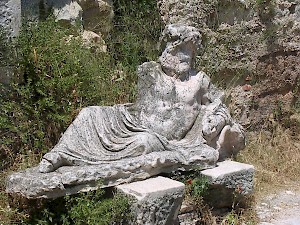
The river Meander is well-known for its many curves ("meanders") and its large deposits, which have completely changed the region between Priene and Miletus. In Antiquity, several towns were situated on opposite shores of a gulf of the Aegean Sea, and the Isle of Lade was a real island, but this is no longer true. The bay between Miletus and Priene is now an alluvial plain, and only Lake Bafa, which is cut off from the sea by the deposits, gives an idea of what it once must have looked like.
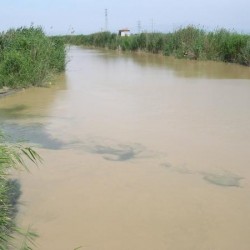 The muddy Meander |
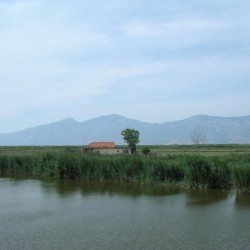 Meander and Mycale |
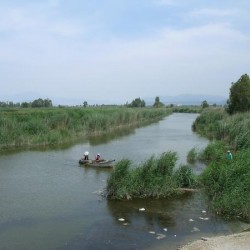 Fishermen in the Meander |
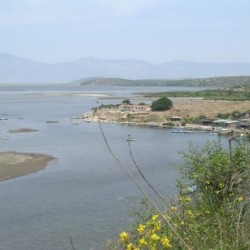 Meander, Delta |
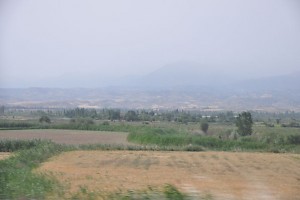
The muddy Meander, which separates the ancient regions of Caria (left bank, south) and Lydia (right bank, north), has its source near Celaenae; after a short distance, the river Marsyas empties itself in the Meander. Other tributaries are the rivers Morsynus, Harpasos, and another Marsyas.
The river god Meander was the son of Oceanus and Tethys, and the father of Cyane, who was, through Miletus, mother of the twins Byblis and Caunus. Among Meander's sons was Marsyas. A statue of the god Meander can be seen in the Baths of Faustina in Miletus.